About
Computation and data-enabled techniques will be an important factor in solving complex engineering problems in future.
Future-focused Research and Education in Computational Engineering and Data-driven Methods
The Data-Enabled Computational Engineering and Applied Quantum Computing (DC-QC) in Florida A&M University-Florida State University Joint College of Engineering, is the the focal point in both universities for engineering and technological research and educational programs. DC-QC program brings together the broad computational and AI activities already underway at the college and both university and focuses on developing an impactful research and education programs to to solve problems of scientific and societal importance through interdisciplinary, cyber-enabled research.
Vision
DC-QC will pursue to be recognized as an international leader in enabling advancing computational and data-enabled methods for practical applications and hardware experiments along with adaptation of new merging techniques into interdisciplinary research and education. We will use our expertise coupled with our state-of-the-science engineering research infrastructure to enable new interdisciplinary collaborations, attract the world's best researchers and brilliant graduate and undergraduate students. These researchers will form a vibrant intellectual community supporting policy that addresses the intertwined challenges of new complex engineering applications for Florida, the nation, and the world.
Mission
DC-QC is an interdisciplinary graduate program designed for students who seek to used state-of-science computational and data enabled skills to tackle difficult engineering problems. We foster collaborative, interdisciplinary capacity to develop and apply innovative computational methods for research challenges.
Values
Education, Equity, Community, and Future-focused Innovations
Program Offered
Certificate in Data-Enabled Computational Engineering and Applied Quantum Computing
Program Description
The interdisciplinary program will be open to all graduate students interested in learning how to use AI, high performance computing and/or Quantum technologies to thrive in a rapidly evolving technological landscape.
The program aims to provide a multidisciplinary experience to students, enhancing their understanding of science and engineering through adapting a curriculum that is aligned with the demands of the AI and quantum era. This program offers foundational and applied courses in modeling and computation, algorithms, high-performance computing, visualization, software, quantum computing and multidisciplinary collaborations. This program will prepare interested graduate students for a career in national laboratories, academia and industries at the forefront of advanced modeling and simulation.
Students will learn technical skills in high-performance computational engineering, machine learning and quantum computing including the integration of physics-based modeling with data science. The program is formed to assist the student to become expert in using established software programs (such as MATLAB, Julia, Python) and new software (such as TensorFlow, Quirk).
Education Outcome
Upon completion of the program, the participants will receive a certificate
showing that the student
- Understands the significant role that advanced simulation plays in future-focused engineering applications
- Explores the power of high-fidelity modeling and simulation
- Gains disciplinary technical knowledge of using computational techniques, and data-enabled methods and the integration of physics-based modeling and data science
- Learns the necessary skills to perform next generation engineering simulations on high-performance computers, GPUs and Quantum machines
- Learns how to use state-of-art high performance computational facilities and to create a virtual model of disciplinary engineering systems
Core Members
Kourosh Shoele, Mechanical Engineering, FAMU-FSU CoE
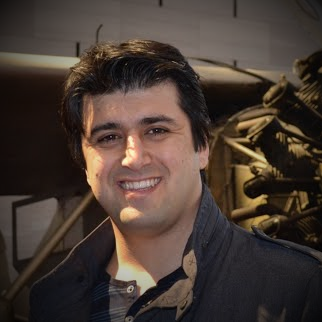
Research Interest: Computational Fluid Dynamics, Fluid Structure Interaction, Vortex Dynamics, Model Reduction Research Website
I. To earn the certificate, students must choose 1. BME266 - Biocomputations (Fall 2024) 1. CES 6116 - Finite Elements Methods 1. EEL 5930 - Computational Intelligence 1. EGN 5444 - Big Data Analytics in Engineering 1. EML4930(EGN 3434) - Numerical Methods for Engineers DC-QC@eng.famu.fsu.edu
Core Faculty (Departmental Coordinators are highlighted)
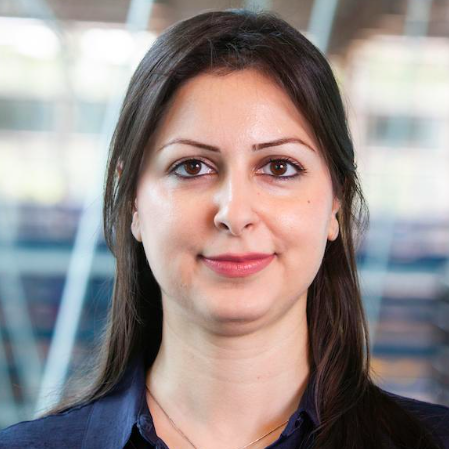


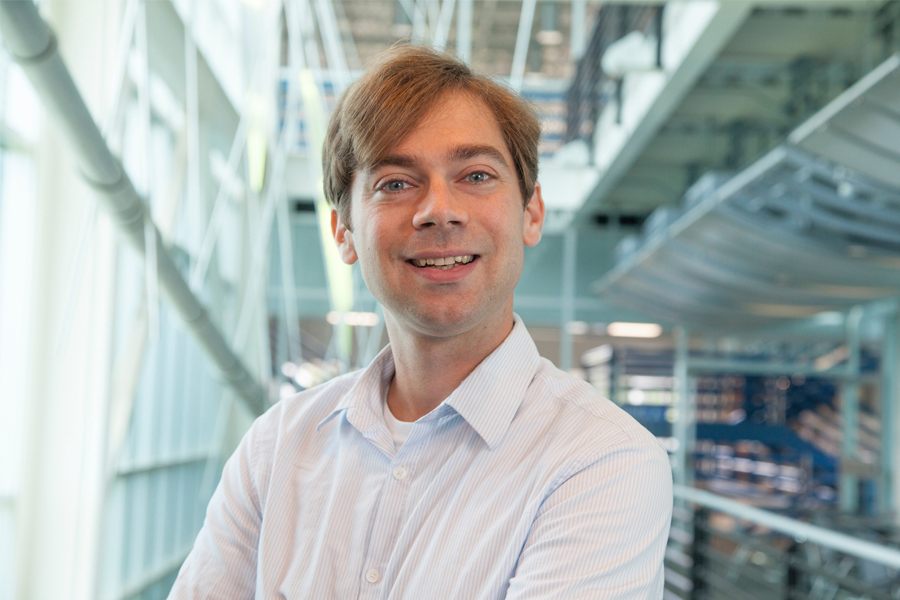






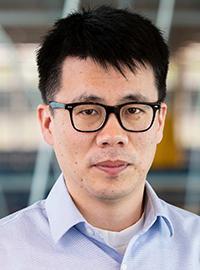





Associated Researchers


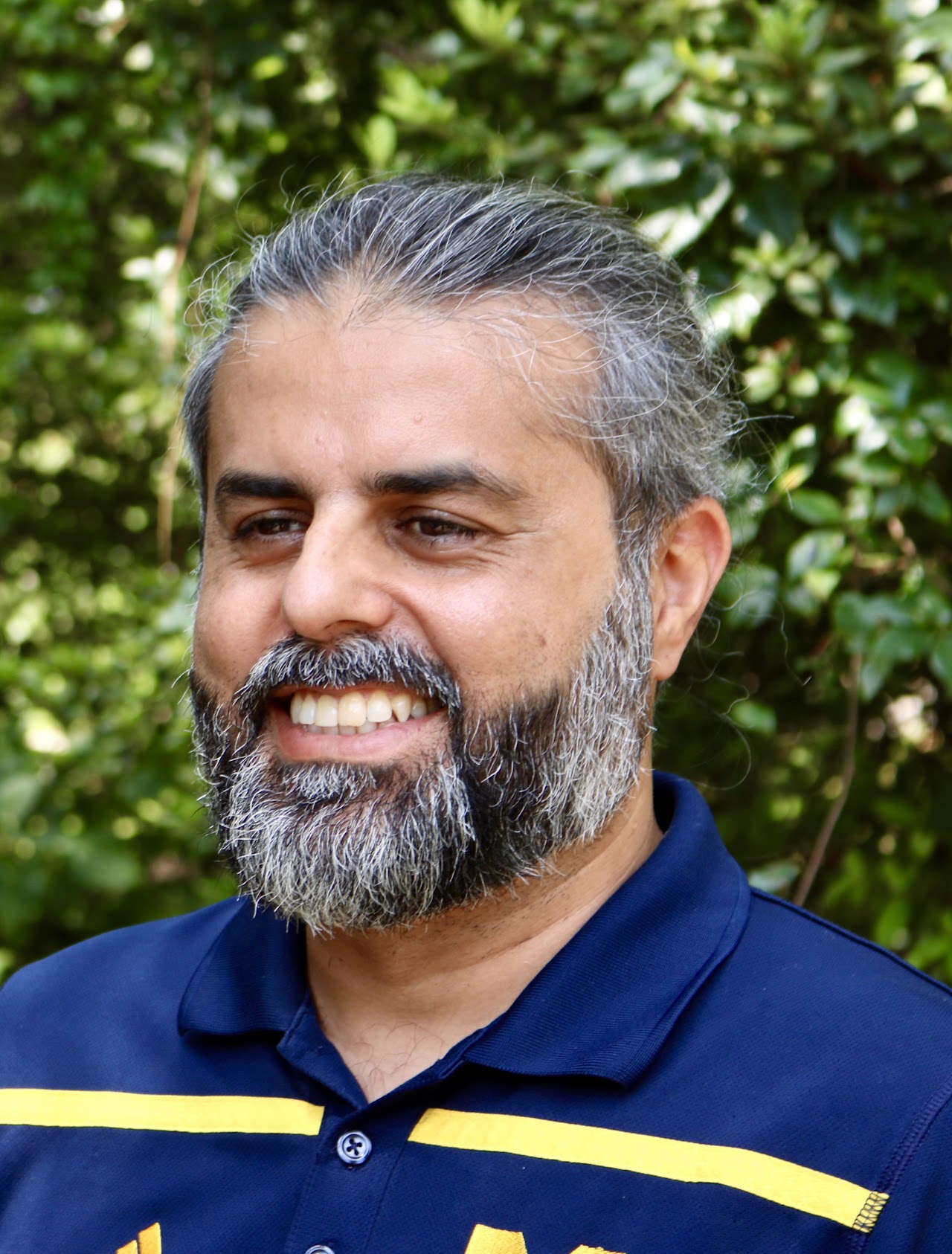

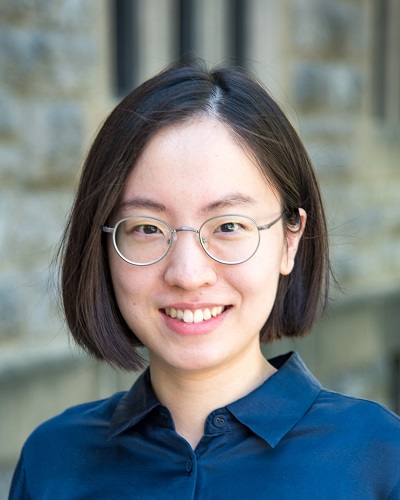


Certificate Requirements
1. two courses in data science/high-performance computing/quantum computing (Refer to the class listing section).
- Data Science/ High-performance Computing
- Finite Element
- Quantum Computing
- Network Analysis
- Machine Learning
- Introduction to Parallel Computing on Heterogeneous (CPU+GPU) Systems
2. one course related to applied mathematics (Refer to the class listing for 24-25)
- Computational Probability and Statistics
- Advanced Numerical Methods
- Computational Fluid Dynamics
- Theory of Probability
- Advanced Analysis
3. select two elective disciplinary courses from various domains.
II. Students are required to attend at least 4 colloquia/workshops in DC-QC, focusing on related topics that will be announced throughout the year including workshops and tutorials about machine learning, high-performance computing, quantum computing and introduction to major software. Class Listing (2024-2025 COE classes are highlighted)
1. Chemical & Biomedical Engineering
2. ECH2186 - Advanced Chemical Engineering Mathematics (Fall 2024)
3. ECH2204 - Advanced Computations (Fall 2024)
4. BME4531 - Medical Imaging (Spring 2025)
5. BME 4361 - Neural Engineering (Spring 2025) 2. Civil & Environmental Engineering
2. CCE 5510 - Computer Applications in Construction (Spring 2025)
3. EGN 5480 - Metaheuristics and Hybrid Algorithms (Spring 2025)
4. EGN 5458 Statistical Applications for Engineering (Fall 2024)3. Electrical & Computer Engineering
2. ENG2520 - Pattern Recognition and Machine Learning
3. EEL4450 - Modeling and Simulation of Semiconductor Devices
4. EEL 5205 - Computational Electrical Engineering
5. EEL 5452 - Modeling and Simulation
6. EEE 5452 - Analysis of Quantum Scale Semiconductor Devices
7. EEL 5930 - Computational Methods in Power Systems
8. EEE 5776. - Machine Learning
9. EEL 5875 - Artificial Intelligence
10. EEL 5613 - Foundations for Advanced Control Methods4. Industrial & Manufacturing Engineering
2. ENG2520 - Pattern Recognition and Machine Learning
3. ESI 5458 - Optimization on Networks
4. ESI 5685 - Introduction to Machine Learning
5. ESI 5243 - Engineering Data Analysis (Spring 2025)
6. ESI 5681 - Deep Learning in Practice
7. EML 5930 - Uncertainty Analysis
8. ESI 3628 - Computing Topics in Industrial Engineering (Fall 2024)
9. ESI 5408 - Applied Optimization (Fall 2024; Spring 2025)
10. EIN 5622 - Computer-Aided Manufacturing (Spring 2025) 5. Mechanical Engineering
2. EML4930/5930 - Computational Material Physics
3. EML5537 - Design using Finite Element Methods (Spring 2025)
4. EML5725 - Introduction to Computational Fluid Dynamics (Spring 2025)
5. EGM5611 - Continuum Mechanics
6. EML5930 - Model Reduction
7. ESI 5408 - Applied Optimization
8. EML 4930 - Computational Linear Algebra (Fall 2024)
9. EML5930 - Advanced Numerical Method (Fall 2024)
10. EML5930 - Fluid Structure Interaction
11. EML 4930 - Network Analysis (Fall 2024)
12. EML 5061 - Analysis in Mechanical Engineering-Part II (Spring 2025) 6. Potential Other Classes
Contact and Location
FAMU-FSU Joint School of Engineering
Mailing Address
Tel: 850-645-0143